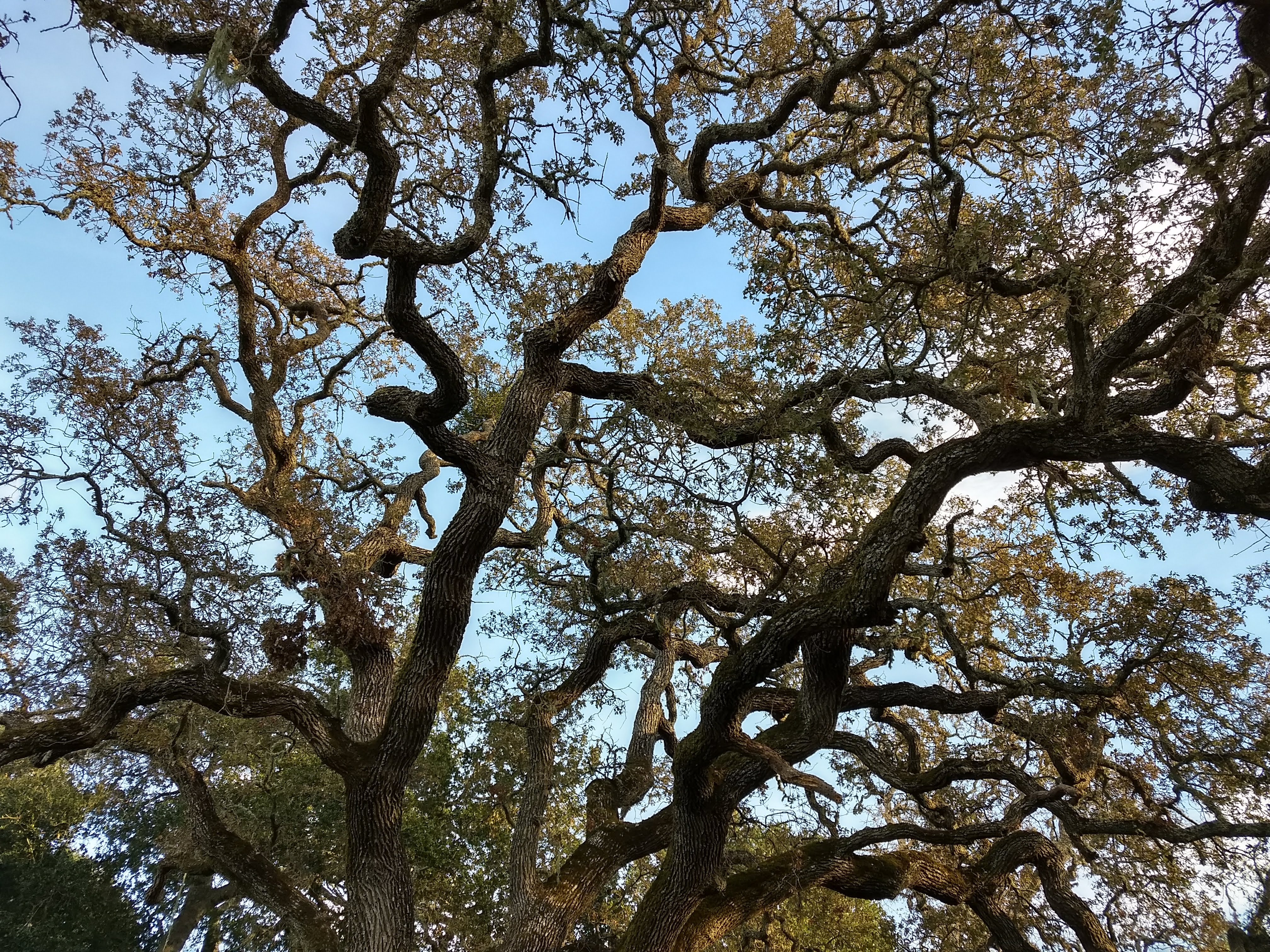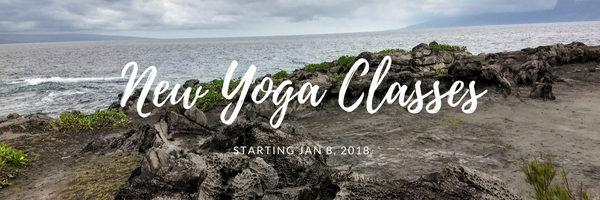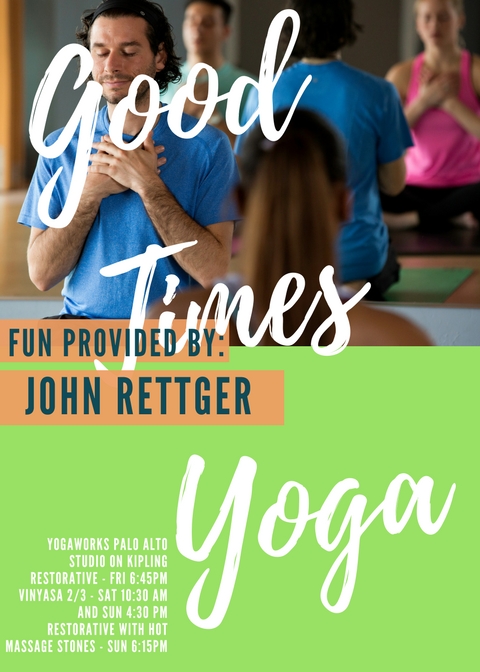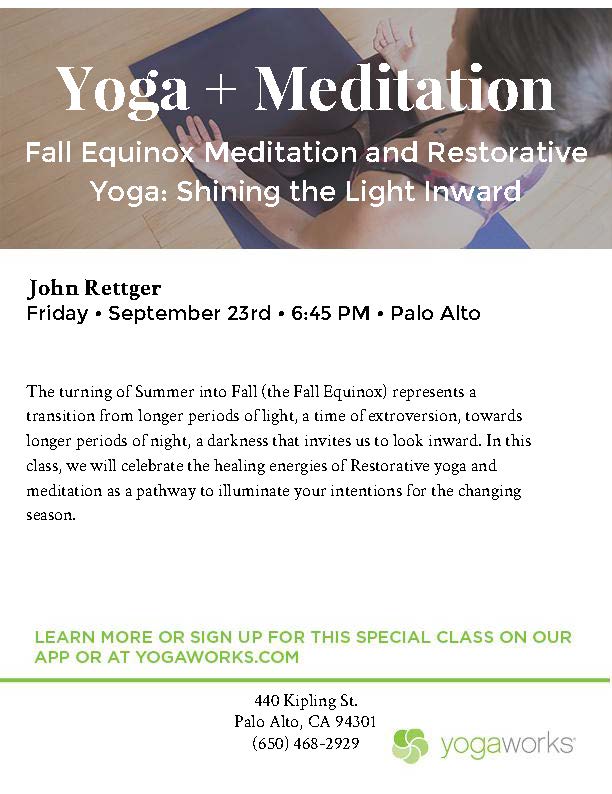 Do you sometimes get down on yourself for not being perfect? Do you notice yourself being unkind to yourself when you make mistakes? Or maybe you get caught up in frustration when something does not turn out as you had hoped? Can you be self-critical or overly demanding of yourself? Or maybe you are struggling right now with incredibly difficult life challenges. If any of this resonates with you, or if you would like to simply be a bit happier, then this article is for you.
Do you sometimes get down on yourself for not being perfect? Do you notice yourself being unkind to yourself when you make mistakes? Or maybe you get caught up in frustration when something does not turn out as you had hoped? Can you be self-critical or overly demanding of yourself? Or maybe you are struggling right now with incredibly difficult life challenges. If any of this resonates with you, or if you would like to simply be a bit happier, then this article is for you.
I think we all can relate to questions like the above and I most certainly have had such moments of self-berating and struggle. Recently in my work as a research psychologist, I became interested in exploring how self-compassion may be related to mental health (mh) outcomes. There is a fascinating, growing body of psychology literature that suggests a relationship between being self-compassionate and positive mh outcomes. I boiled the field down into just a few morsels of wisdom that I think may be useful for others. Therefore, in this article I have three aims: 1) describe the psychology of self-compassion; 2) briefly describe the research; and 3) offer a few tips on how to bring more of it into your own life.
The Psychology of Self-compassion
Self-compassion, as defined by a leading scholar in the field, Kristin Neff, PhD, is one’s willingness to be contacted by and receptive to one’s own suffering, rather than turning away from it (Neff, 2003). Being self-compassionate involves a desire and willingness to be with this suffering and committed to healing it with a soft kindness. Self-compassion is a practice of approaching one’s challenges, limitations, and shortcomings with a loving acceptance and recognizing them as a universal part of our basic human condition. It is a remembrance and honoring of one’s innate, human worthiness and an invitation to forgive ourselves for our imperfections and slippages of virtue.
Neff (2003) suggests that self-compassion has three facets: (a) self-kindness- the application of kindness and understanding to oneself instead of harsh judgment and self-criticism; (b) common humanity- remembering and feeling that one is a member of a larger human tribe, rather than a isolated and separate being; and (c) mindfulness- to embrace fully the painful aspects of one’s experience with equanimity, rather than becoming enmeshed in them.
Practices to Cultivate Self-compassion
In this last section, I discuss how to utilize Neff’s (2003) three facets of self-compassion to practice and inspire self-compassion in your own heart. Next time you have a difficult experience or are struggling with challenging emotions, consider trying out these practices:
1. Practice self-kindness: Soften into your own pain, and move deeper within to connect to yourself in a way that acknowledges and honors something really good about you. Know that it is common, when experiencing intense emotions, to not be able to think of something good, so in that case, do something that brings you happiness and joy. One of my practices is to take myself out for a cup of coffee at my favorite cafe with a really good book or a caring friend. In meditation, you can offer yourself supportive phrases of encouragement that honor the suffering and hold intention for its resolution.
For example, you can offer to yourself Thich Nhat Hanh’s 4 Love Mantra’s: 1) Darling, I am here for you; 2) Darling, I know you are there for me…and I’m so happy you are truly there; 3) Darling, I know you suffer… that is why I am here for you; and 4) Darling, I suffer. I am trying my best to practice. Please help me.
By turning this practice towards oneself, one is able to empower more self-reliance and confidence in being able to skillfully manage challenging emotions without turning toward external (or in some cases, unhealthy) coping mechanisms. We establish our own heart as our place of true refuge.
2. Connect to a common humanity: When in strife, remember your sacred membership to an abundant planet of fellow human-beings, animals, plants, natural resources, and a larger universe of stars, planets and all things cosmic. It is common when something traumatic or really difficult happens to us, that we may feel as if we are alone in the experience. Finding safe ways to get more connected to a positive community builds self-compassion by fostering feelings of warmth and affiliation. Broadening one’s perspective outward beyond the self puts one in contact with others who have walked a similar path and this may relieve feelings of isolation. In meditation, one can imagine being fully and beautifully interwoven into this inseparable web of life and sending well-wishes of healing, love, and kindness toward the self and outward to all beings, plants, animals and the universe.
3. Practice mindfulness: Perhaps an oversimplified way of describing mindfulness is that it is present-moment awareness, held with intention, in a way that is discerning, yet non-judgmental, and compassionate. Mindfulness can be practiced in a myriad of ways including yoga, meditation, art, and all of the variety of mind-body practices. Even many of our everyday activities can be practiced with mindfulness, such as washing the dishes or taking a shower. Mindfulness builds self-compassion by providing a lens to notice self-judgments, and it offers us a framework to intentionally let go of the desire for things to be other than what they are. As we develop a radical acceptance of all things, including ourselves, exactly as we are, we are essentially laying down fertile soil for a flowering of the seeds the practices sow for positive self-transformation. It may sound paradoxical that change comes through acceptance, but imagine how much easier it would be to move through the world without the ten thousand pounds of self-judgment that you may have been carrying around all of these years.
Here I have described several ways in which practicing self-compassion can be a powerful way to bring more happiness, freedom, and grace into your life. The tools of self-compassion are simple, yet they hold the potential to make profound, meaningful, and positive contributions to your well-being. Now is the perfect time to begin to practice. As you finish reading, I invite you to take a few moments to honor yourself for your commitment to your well-being and reflect on how you may deepen this commitment by offering self-compassion and kindness to yourself every day. You can write your thoughts down and create a self-compassion action plan.
References:
Neff, K. (2003). Self-compassion: An alternative conceptualization of a healthy attitude toward oneself. Self and identity, 2(2), 85-101.








